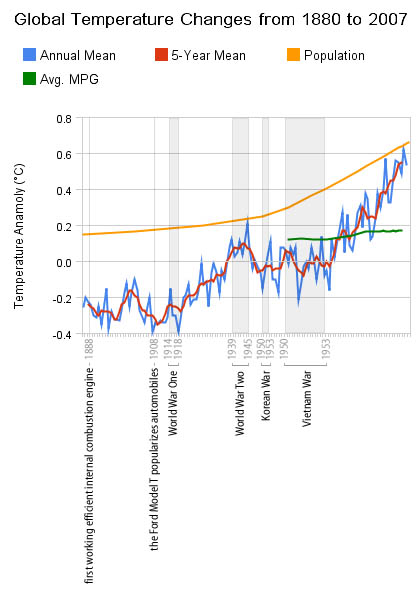I recently got into another discussion about global warming, and the person I was talking to said they weren't convinced that humans were the cause of it. Though it's just foolish to think that the temperature isn't rising, there is (admittedly) room for debate on ...
G-8 is Enough
The G-8 was created out of the eight richest countries in the world in order to fight poverty in Africa. Poverty affects more people throughout the world than all of the citizens represented by their leaders in the G-8 conference. But poverty happens even in ...
Red Oil Scare
China has made an unsolicited offer to acquire one of the largest United States-based oil company, which would essentially double its oil and gas output (2). The organization that is making the offer, the Chinese National Offshore Oil Company, is a state-run organization of the ...
Cosmos VIII. Travels in Space and Time
Before the Sun rose and set in the sky of Earth,
A giant blue-green rock spun lazily around its star.
Then a being, mostly calling itself Man,
Gave names to these gods of the ground and sky.
Our solitary sun floats with its family of planets.
A grain of sand ...
The River of Entropy
I imagine the Cosmos, infinite and remote.
I reflect on our sun, the perfect planetary host.
I consider our world, the pale blue home of the Earthlings,
I think of this forest, and of this path I tread.
Intentionally lost among Appalachian giants,
I wander a chaotic, forkful path.
Willfully losing ...


